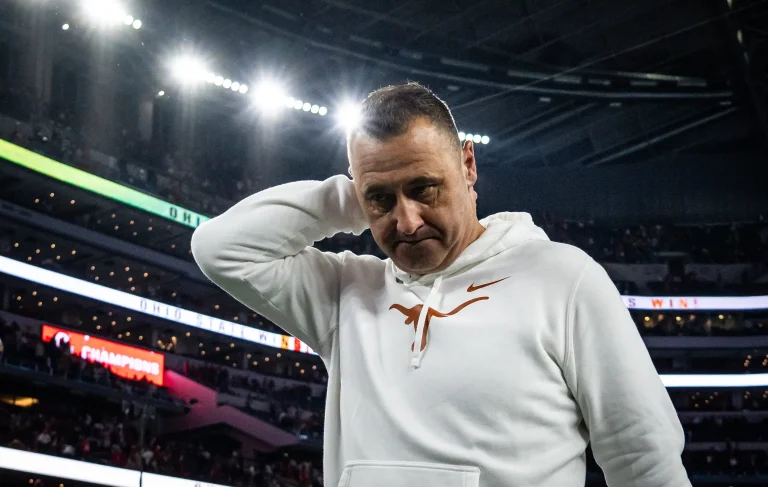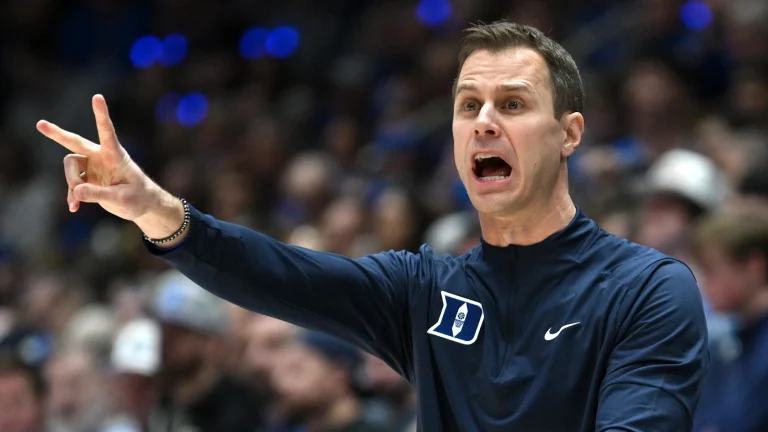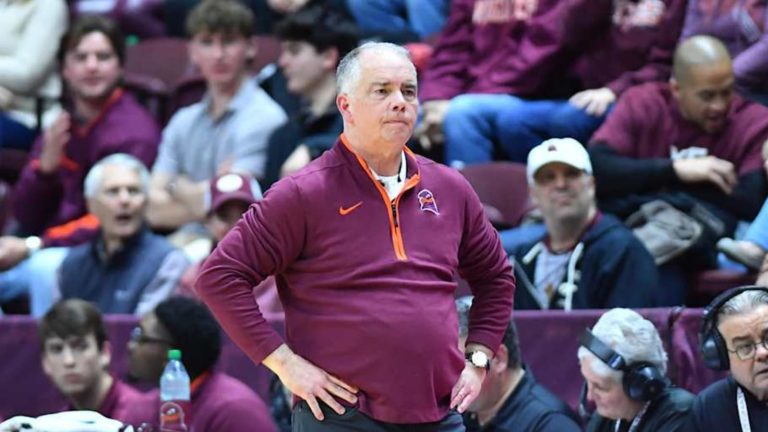Penn State Wrestling’s Carter Starocci Brings Home Big Ten Wrestler of The Year Honors
Penn State Wrestling standout Carter Starocci entered the Big Ten Tournament as the No. 1 seed and No. 1 ranked wrestler at 184lbs.

Starocci earned a bye directly into the quarterfinals where he took care of business with a tech fall win (18-1) and moved on to the semi-finals.
A 12-2 major decision win set up a match with the tournament 2 seed and #4 ranked wrestler at 184 Max McEnelly.
McEnelly took the Bout into sudden victory but Ultimately Carter Starocci came out victorious to win the 2025 Big Ten Championship on Sunday in Evanston, Ill. Starocci not only came back with a championship but he was named Big Ten Wrestler of the Year.
View this post on InstagramA post shared by B1G Wrestling (@b1gwrestling)
Carter Starocci Cements Status as Penn State Wrestling Legend
The Big Ten championship run was preceded by a season where the lights were the brightest Starocci was at his best.
Conference pride is something that holds enough weight that top grapplers push harder to perform their best against conference opponents. When you are a dominant wrestler like Carter Starocci it is hard to distinguish great performances from regular domination.
Starocci had an undefeated season but against Big Ten competition, he took it to another level.
In the first four matches in Big Ten Duals Starocci won all four comfortably. As the season continued the competition increased facing higher-ranked opponents Starocci seemed to show off.

In a string of three matches Carter Starocci scored 19, 20, and 22 points en route to three consecutive tech fall finishes. By the final Big Ten dual of the season against Illinois Starocci made his opponent literally stall out by running up a 17-4 lead before No. 12 Edmond Ruth was disqualified after receiving 6th stalling penalty.
Carter Starocci won Big Ten Wrestler of the Year after taking individual domination to another level in conference matchups.
Starocci took home gold at the conference tournament and looks to take home a national title at the NCAA tournament in Philadelphia, PA March 20-22.





